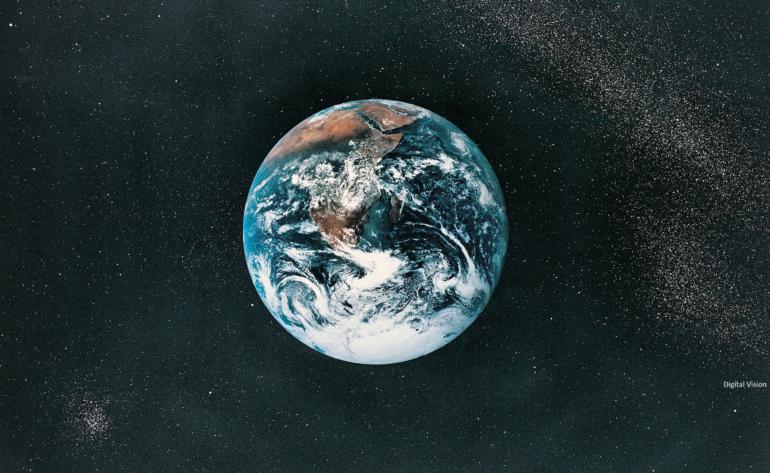It’s no secret our planet is warming, causing massive ice melting in the Arctic, rising sea levels, and unusual amounts of extreme weather events. And we humans have and are causing this. That’s no longer debatable. But is the number of us living on this planet the real problem? And is overpopulation essentially the root of all our problems? That’s the subject of this episode as we talk with visionaries Karen Shragg and Jack Goldstone.
It’s estimated that world population reached its first billion people in 1804. It took over 200,000 years to get to that number, yet it took just 123 years to reach two billion in 1927, and 33 years to reach three billion in 1960. Fourteen years later, four billion in 1974, five billion in 1987, six billion in 1999 and according to the United Nations, just eight years to get to seven billion in 2011. And with a birth every four seconds we’re expected to grow to 10 billion by 2050.
We continue to grow, but the Earth does not. That’s a seemingly obvious but important fact, and it’s where we started our conversation with teacher and naturalist Karen Shragg, author of Move Upstream: A Call to Solve Overpopulation.
Follow Karen Shragg on Twitter
We’ve talked about the effects overpopulation is having on things like our food and water supply and the effects it’s having on climate change, but is overpopulation the cause for things like civil wars and terrorism? For that question we go to Jack Goldstone, Chair Professor of Public Policy at George Mason University and author of numerous books including, Revolution and Rebellion.
Follow Jack Goldstone on Twitter
Click here for more information on insect farming
It typically takes about one hectare of land every year to feed one calf. Just one. Multiply that by 10 cows and you’re looking at seven or eight hectares. That’s a lot of land. Land that needs to be worked. Land that needs plenty of water. And even land that needs to be cleared through deforestation. So with our rising population, maybe eating beef and drinking milk is no longer sustainable. We went to the shores of Portland, Maine and the Rocky Mountains of Colorado to look for some alternatives.
 CGTN America
CGTN America
